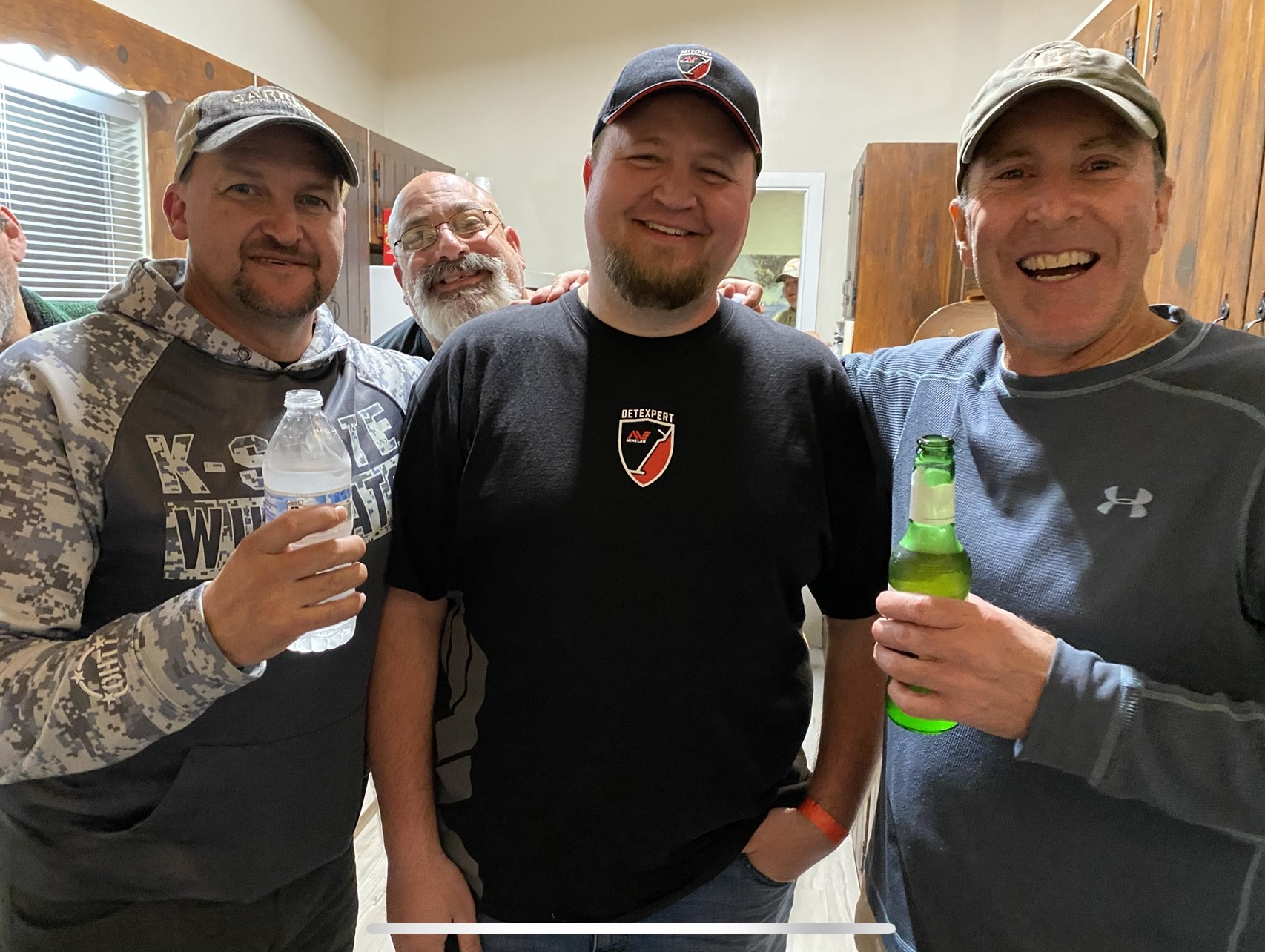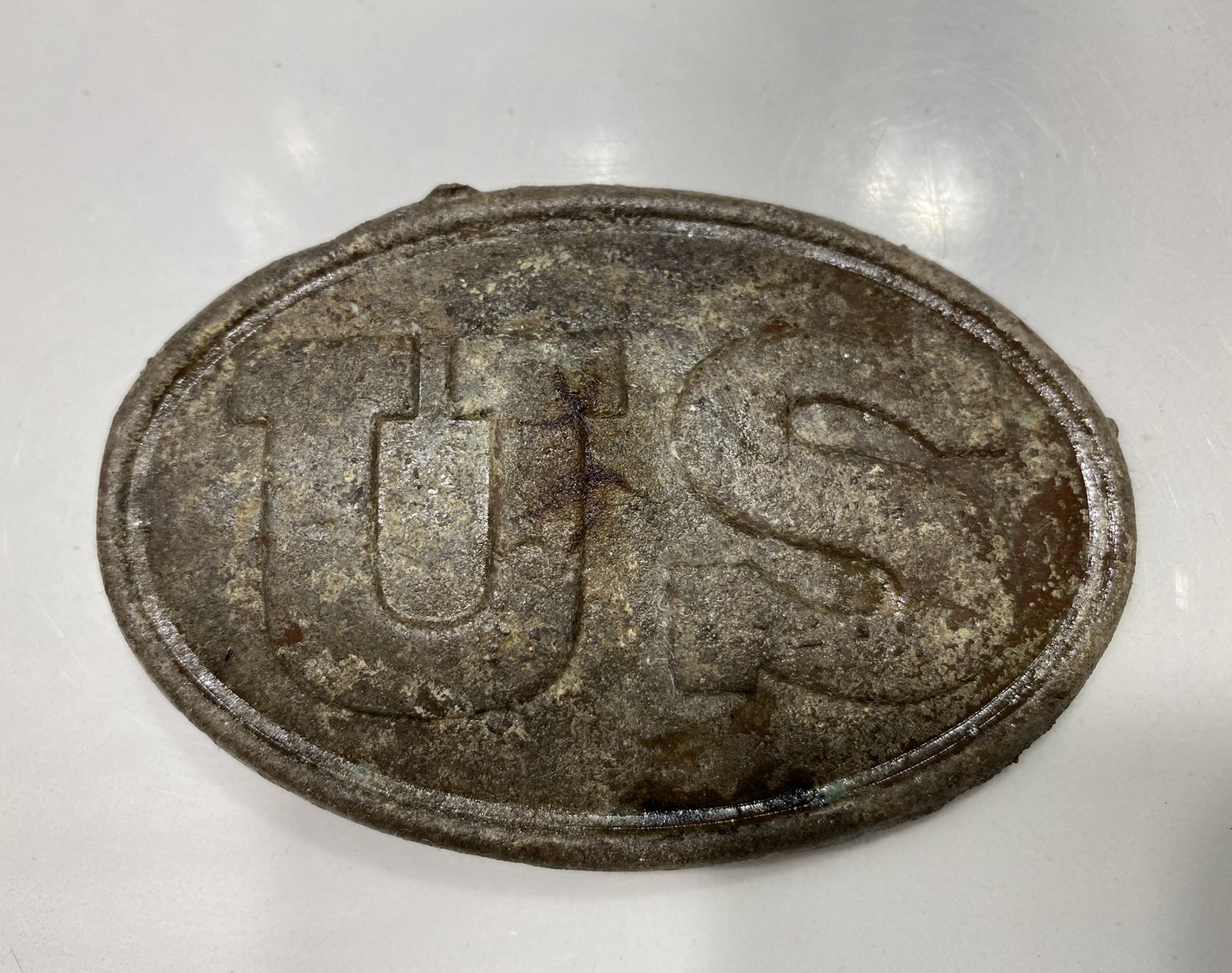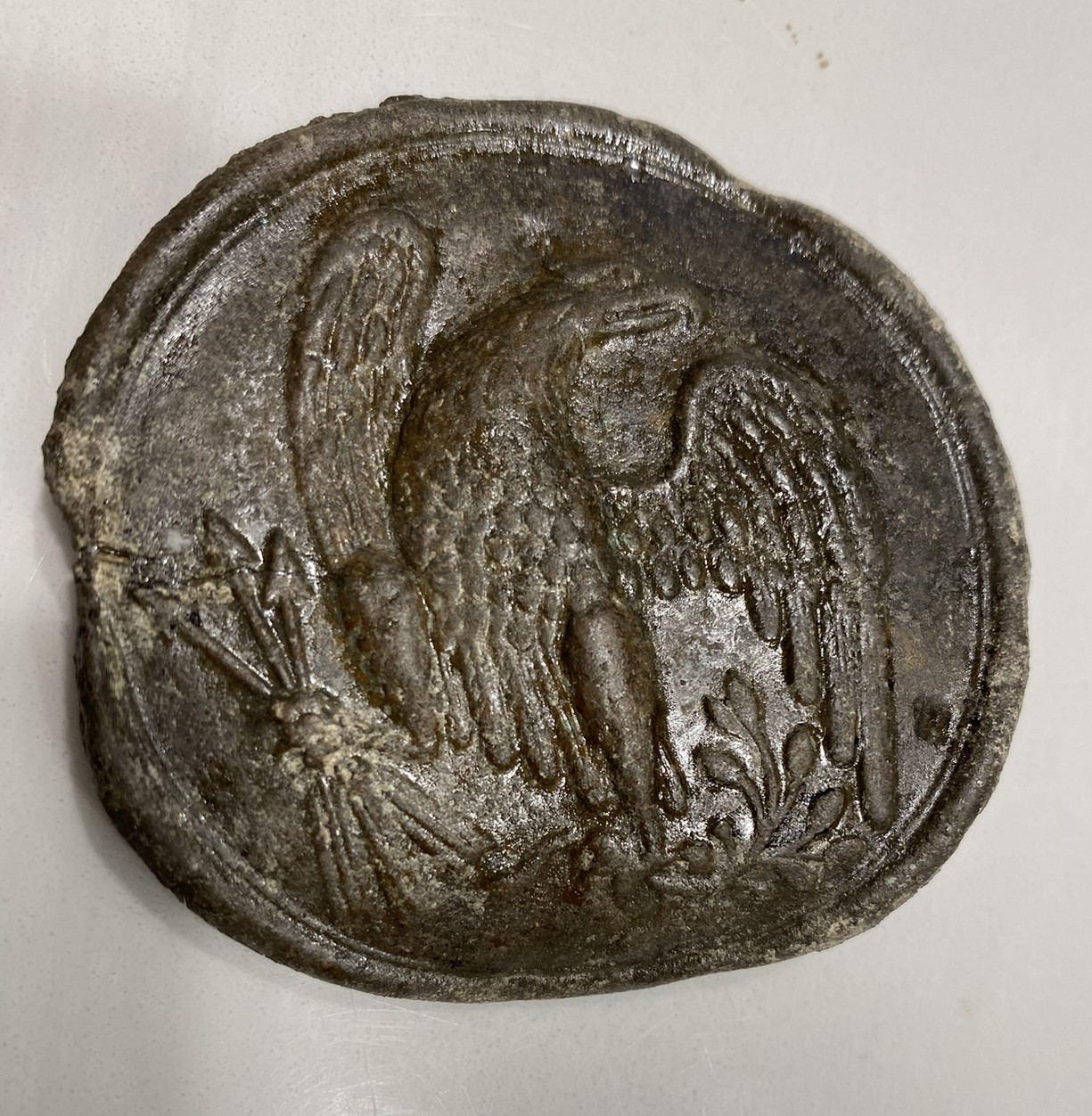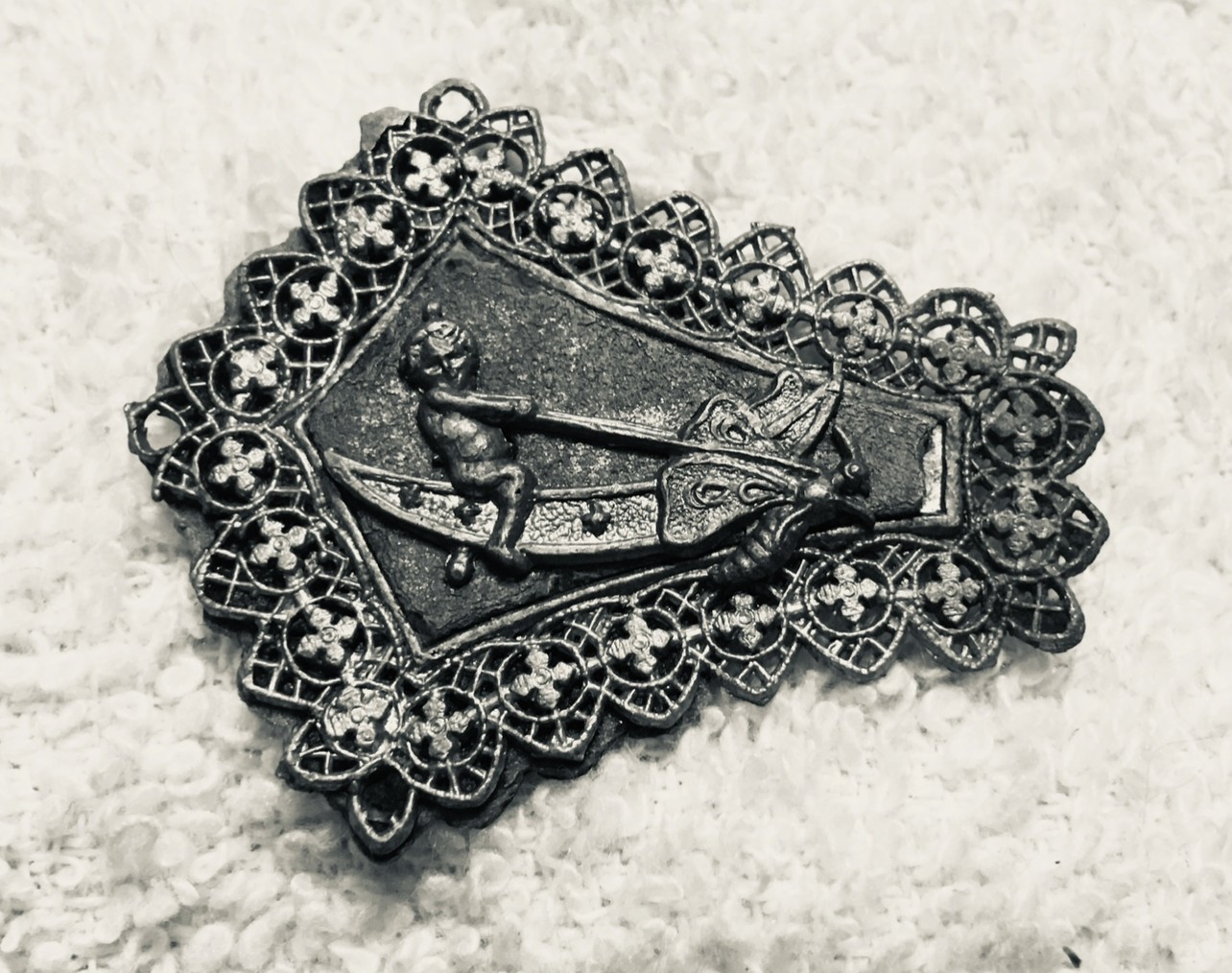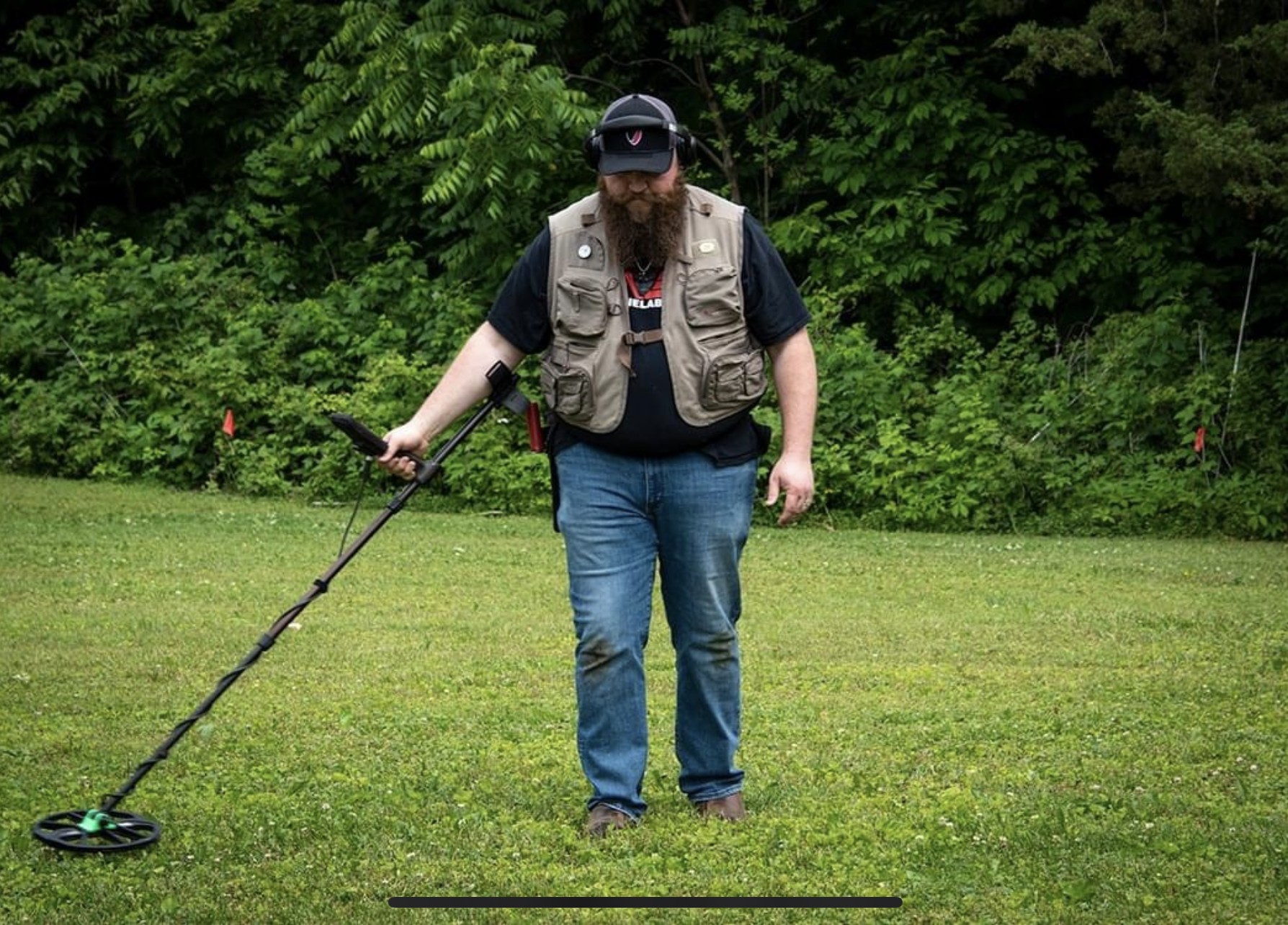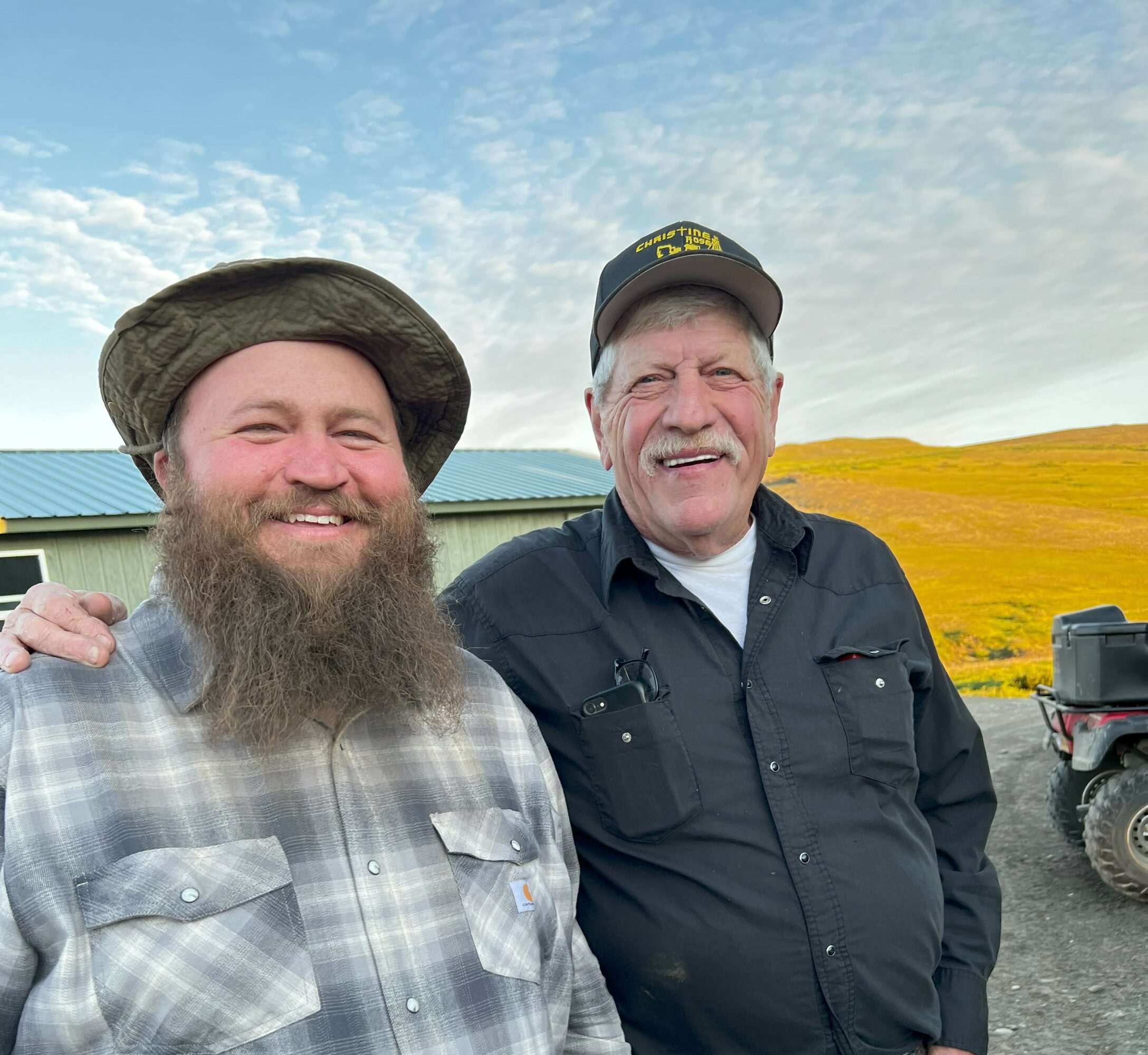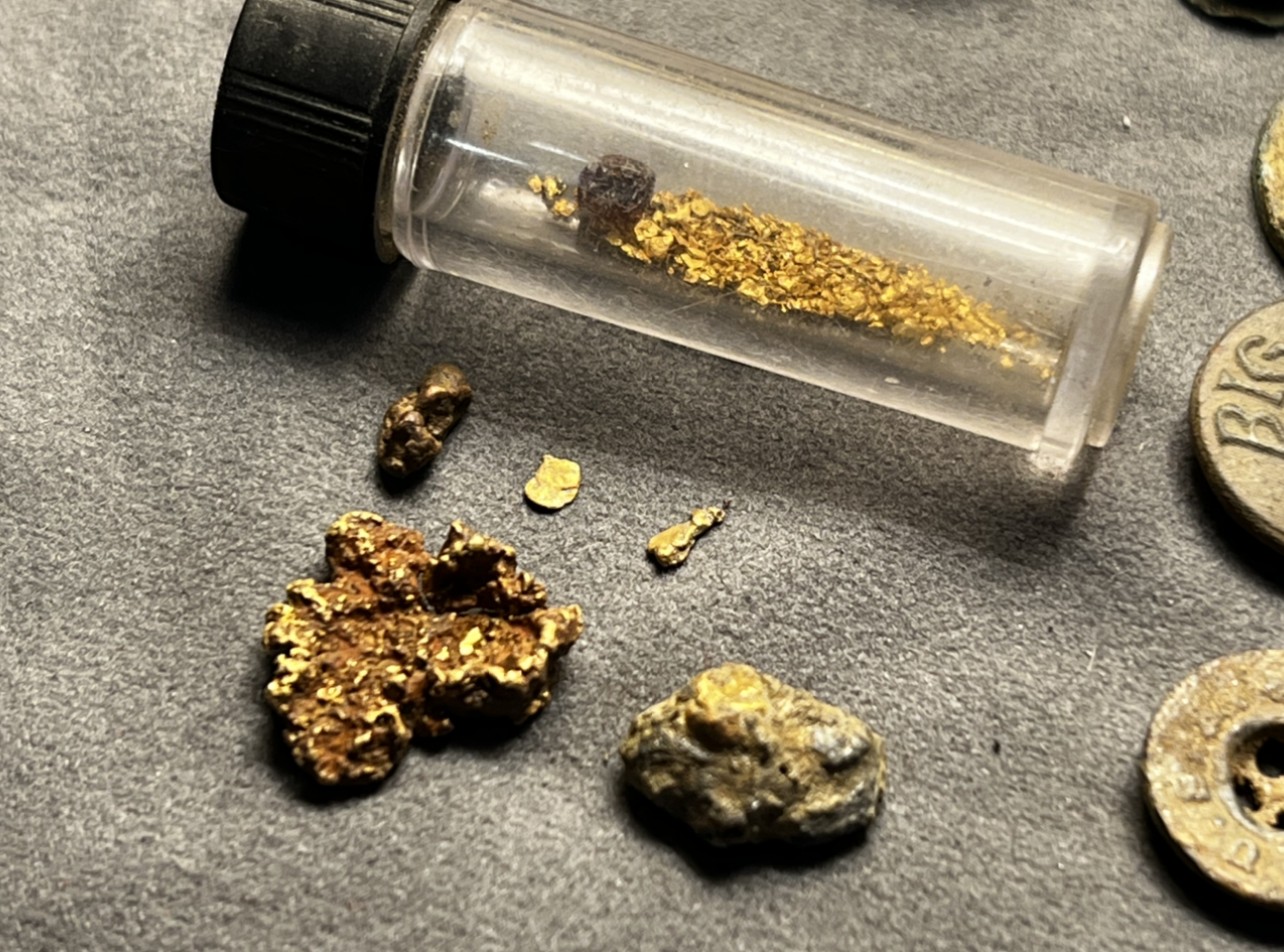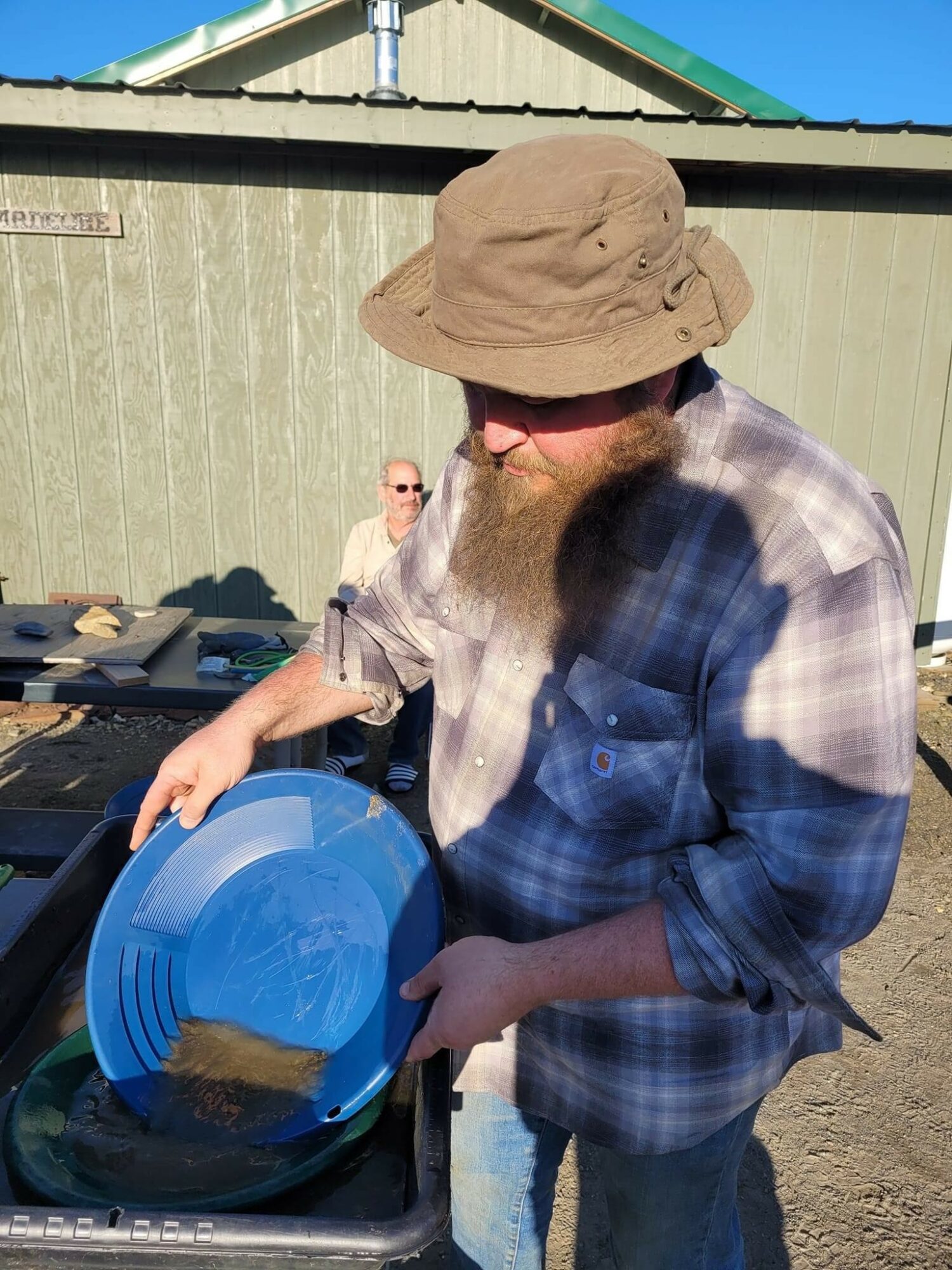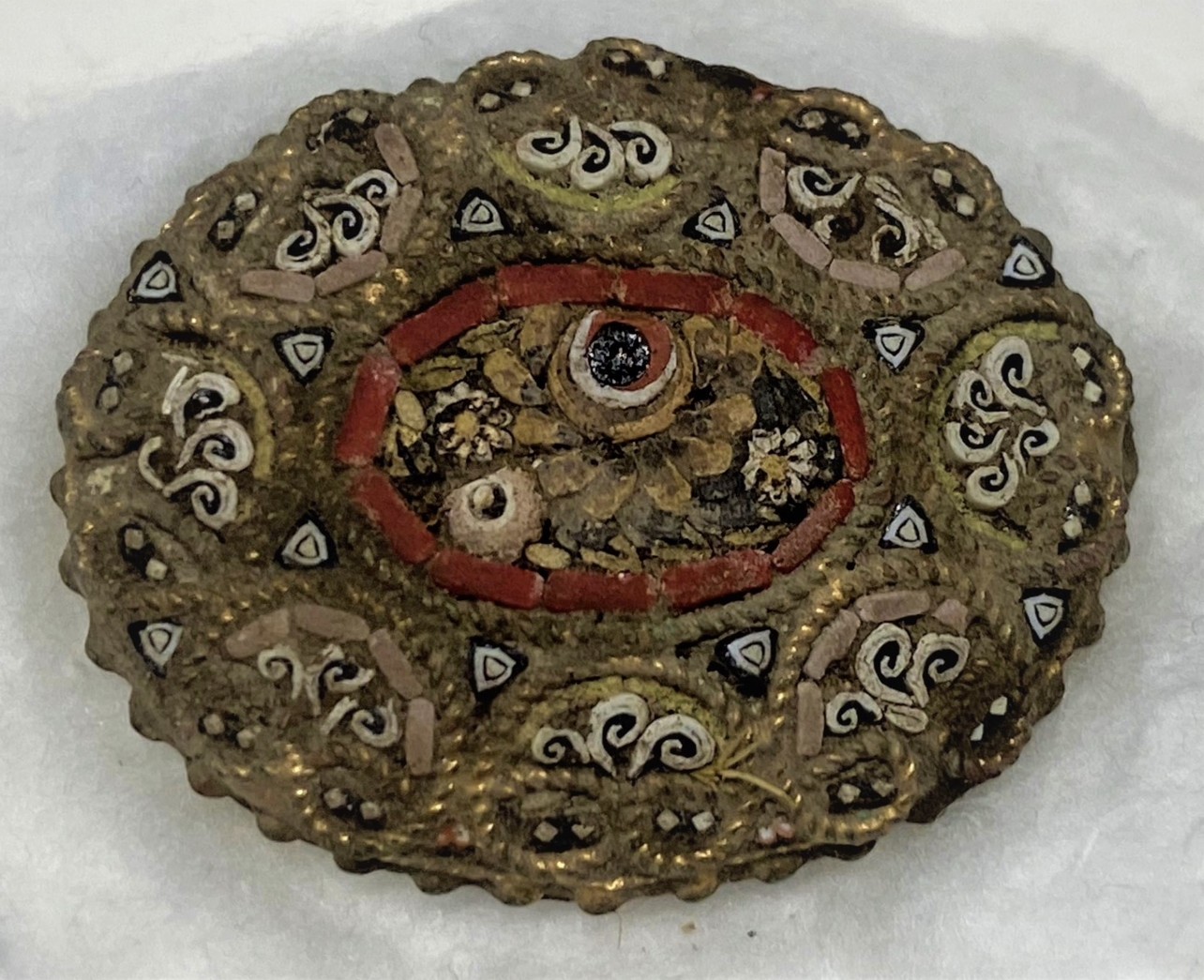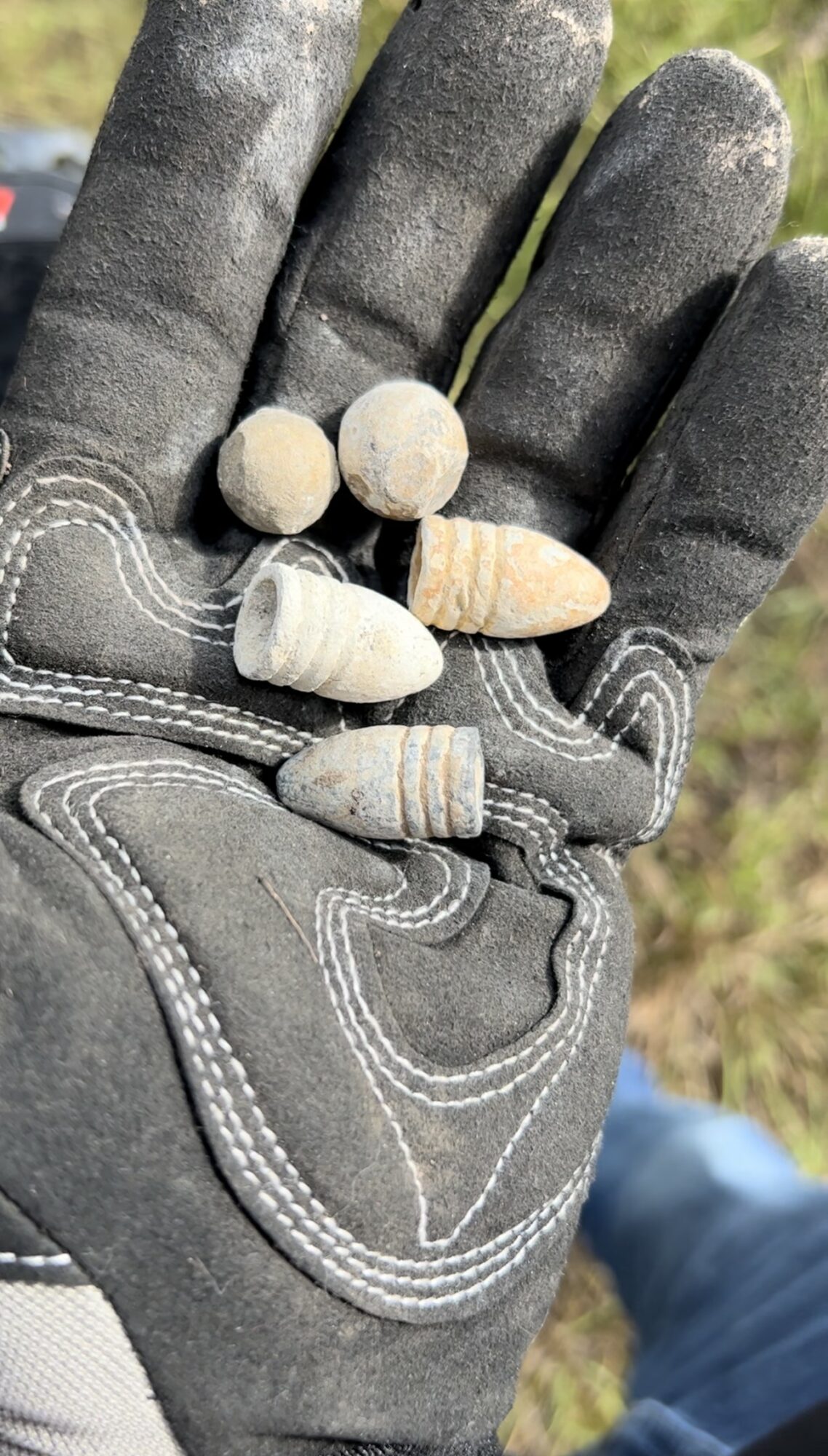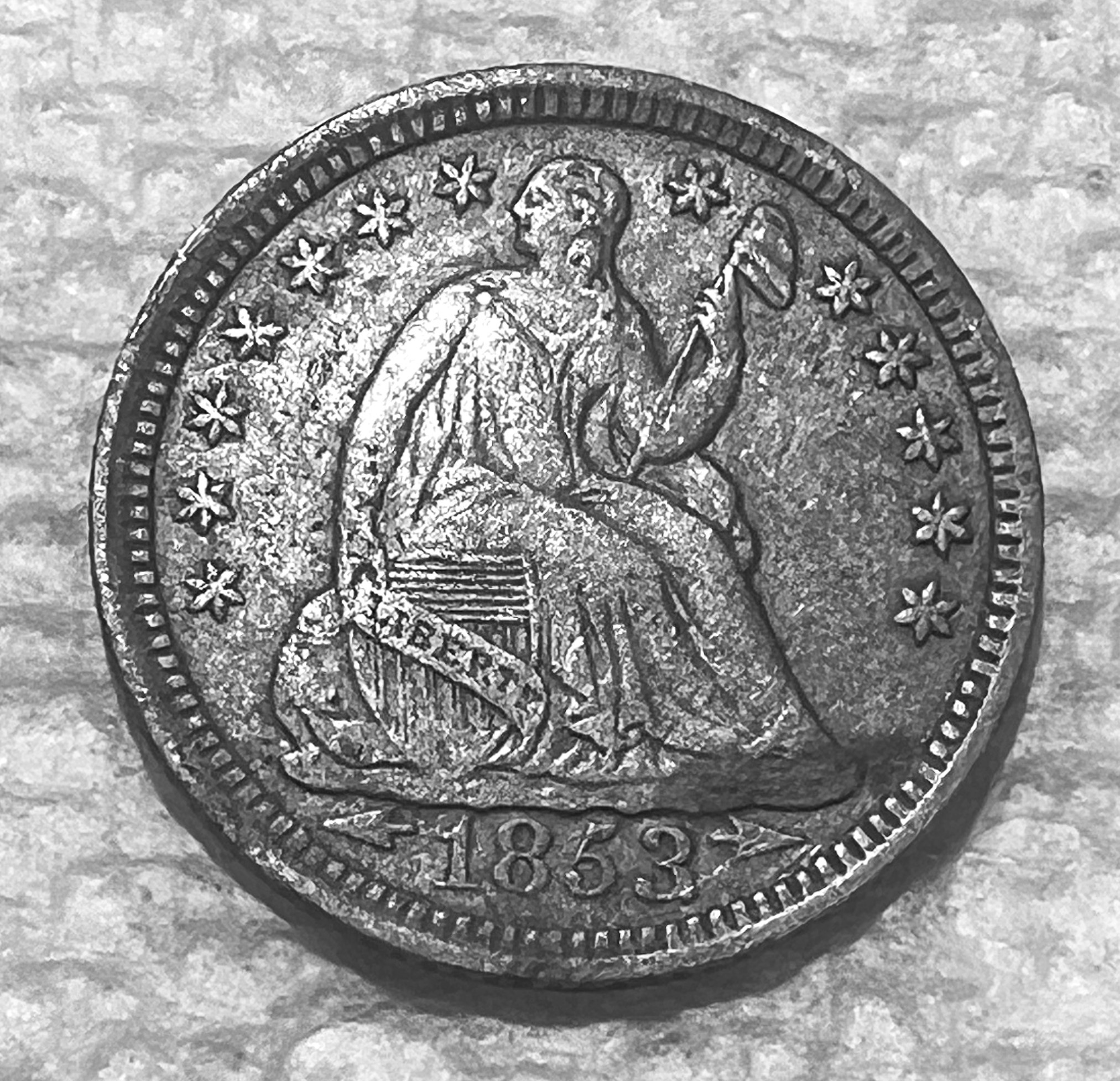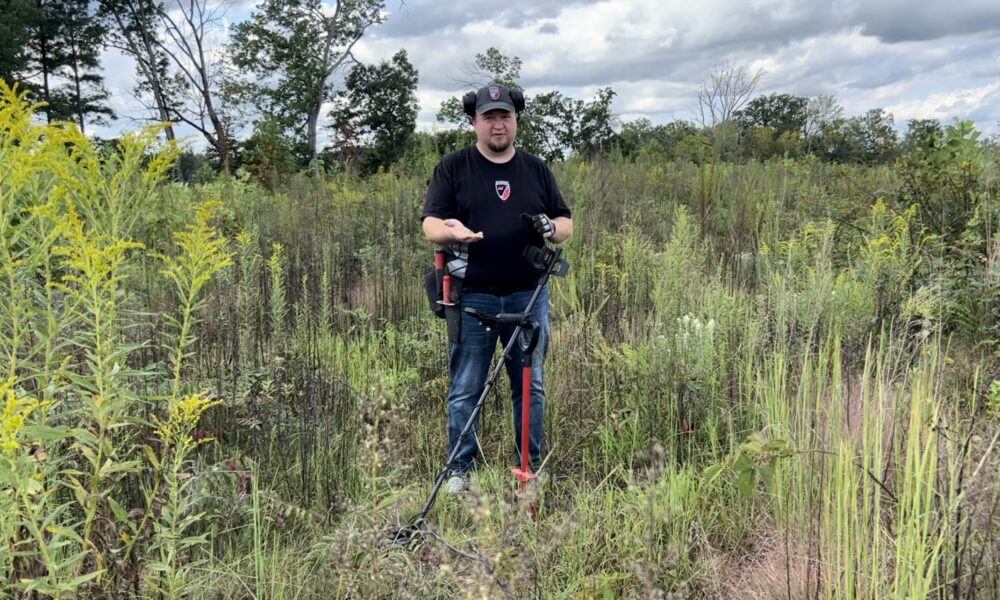

Today we’d like to introduce you to Jon White.
Hi Jon, we’re thrilled to have a chance to learn your story today. So, before we get into specifics, maybe you can briefly walk us through how you got to where you are today.
About 6 or 7 years ago, one of my closest friends, Casey Oberreuter, introduced me to metal detecting. He and his wife Mindy were in the beginning stages of running an up-and-coming metal-detecting group on Facebook called Detecting the Heartland. TV shows like Dig Wars, Diggers, American Pickers, and other similar shows have always piqued my interest as I’ve always been drawn to history. Casey and his wife sold me my first detector. He took me out detecting that day, and I became hooked. I’ve been an administrator for Detecting the Heartland for the last four years. Our group has over 10,000 members worldwide. I became a Detexpert for Minelab Metal Detectors 3 1/2 years ago. I consider them the best metal detecting company. Because of this, I am very proud to work with them. I’ve had the opportunity to be mentored by one of the greats in the hobby, Chuck Smalley. He’s been metal detecting for almost 50 years and is the owner of S&W Shooters and Prospectors located in Cordova, IL. I’ve been lucky enough to build connections and friendships with some of the best folks in the hobby and go to some amazing places to treasure hunt and metal detect. In August 2023, I moved to the Raleigh/Durham area from northeastern Iowa. The east coast is a treasure hunter’s dream, so it only made sense to make the move. I find that I enjoy a diversity of areas to metal detect. From homes in the cities to beaches to farm fields. Treasure can turn up anywhere. Half of my time is spent researching historical maps or other old documents to find locations for places that were lost to the past. My main go-to machine is the Minelab Manticore coupled with a Minelab profind 40-pinpointer.
One thing that I would like to see long-term in the hobby is a meshing of archeologists, historians, and metal detectorists. I think a lot more conservation could be accomplished if there was more fluidity between the practices. I would love to work hand in hand with museums to recover what has been lost, preserve it, and display it for all to see. This is one of many ways you can start to mold the next generation of history seekers.
Would you say it’s been a smooth road, and if not, what are some of the biggest challenges you’ve faced along the way?
The struggles that I’ve dealt with have not been anything that could be controlled. When COVID happened and everything shut down, most detectorists were stuck with places to go where they already had permission to detect. It didn’t feel right knocking on doors during shutdown. As things were opening back up, I felt nervous to speak to property owners. I felt the need to be respectful and ensure they were comfortable with my interacting with them. The other major issue I’ve dealt with is that the weather in Iowa for the last three years has been very dry. Generally, you don’t want to dig in dry conditions for several reasons. If it’s a yard, you have a strong chance of creating brown spots in the lawn where you’ve dug. It’s important in the hobby to ensure you leave a good impression and not give a hobby a bad name by what you leave behind. When land is dry, you will be less likely to detect deeper targets. Moist soil provides much better conductivity for the metal detector.
We’d love to hear about how you think about risk-taking.
Adventurer, yes. Risk-taker, no. In my opinion, in the metal detecting hobby, the folks who are risk-takers are people who are doing something that they should not be doing. I’ve heard of people detecting on land that they did not get permission from the property owner to be on. There have been people who have tried metal detecting on historically significant sites that are protected. It gives such a bad name to the hobby when news stories happen about these situations. It has even happened around here locally. I was saddened to learn after I moved here that a lot of the lakes in the area do not allow metal detecting at the swimming beaches. I also learned that Raleigh and other towns in the area do not allow detecting on public land. This was, unfortunately due to people being careless while participating in the hobby. For example, I’ve seen where people did not dig a proper plug of dirt and put it back like it was. I came across a park before where there were a bunch of holes from someone digging but not leaving the area as they found it. I fix things like this when I come across them, as it’s the right thing to do. All we can do is keep educating new detectorists in the common courtesies of the hobby. I feel that many people educate themselves better on the best practices and courtesies of the hobby. Issues like this seem to be less and less frequent.
Contact Info:
- Website: www.minelab.com/community/meet-the-detexperts/jon-white
- Instagram: instagram.com/crazy_spider_adventures
- Facebook: facebook.com/CrazySpiderAdventures
- Twitter: twitter.com/SpiderAntiques
- Youtube: youtube.com/@CrazySpiderAdventures
- Other: tiktok.com/@crazyspideradventures
